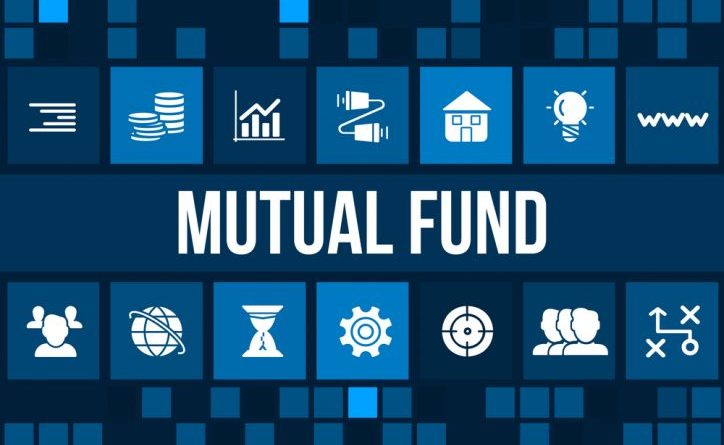Investment clients often ask about the key to buying and selling mutual funds. The recent shift from bond buying to mutual fund investment reflects policy transition toward a market focused economy. Investment advisors and institutional investors are turning to mutual funds to increase liquidity amid lingering uncertainty. New mutual fund products combined with alternative investments have seen high demand in the past two years.
Knowledge of the benefits and risks of mutual funds combined with alternative investments is critical for investor decisions. Learning how to build a portfolio of mutual funds is simple with the right research tools. Some mutual funds are purchased as part of an exchange traded fund (ETF). To ensure that exposure is in your favor, look for combined tools competent enough to analyze both mutual funds and ETFs. Here are ten tips for buying and selling mutual funds:
1. Portfolio Risk Tolerance
Assessing portfolio risk tolerance is important. Evaluation of asset allocation levels is a first priority to a strategic investment decision. To determine if a mutual fund fits into your investment portfolio risk, calculate the percentage of capital to be attributed to those assets. Most mutual funds still consist of stocks.
2. Class of Mutual Fund
Mutual funds comprised of stocks, and more exotic or alternative investments may require additional analysis to assess hidden exposure to long and short term growth.
3. Investor Timeline
If an investor has an extended timeline, a larger percentage of their portfolio assets will be invested in mutual funds.
4. Mutual Fund Analysis
Investment advisors use analysis tools to evaluate fluctuations in market volatility, as well as manager fees and other issues impacting long and short term growth. Historical performance, turnover ratio, expense ratio, tax efficiency, and manager tenure prior to investment are key variables in making a selection.
5. Volatility
If a fund’s volatility exhibits instability during a one year cycle, it is highly probable that a fund will continue to perform in that direction. The more stable a mutual fund is, the more likely it will earn over time.
6. Fund Expenses
Review a fund’s expenses prior to purchase. Mutual fund costs are subtracted from earning proceeds. Mutual fund manager fees vary, and are normally reported as an expense ratio. Look for an expense ratio near or less than 1 percent.
7. Benefits of Mutual Fund ETFs
ETFs or index funds are a popular choice for investors who don’t want to spend a lot of time on analysis.
8. Selecting a Mutual Fund
First time investors often begin with an S&P index fund, balance fund, or retirement fund.
9. Future Portfolio Strategy
Once an investor understands the risks and benefits of mutual fund investment, it is easier to grow a portfolio with a diversification strategy that includes ETFs, exotic, or traditional funds.
10. Selling a Mutual Fund
Terms and conditions for selling off mutual fund assets depends on the type of contract you have. Be familiar with them before you attempt to sell.
Featured image: DepositPhotos/ ar130405




